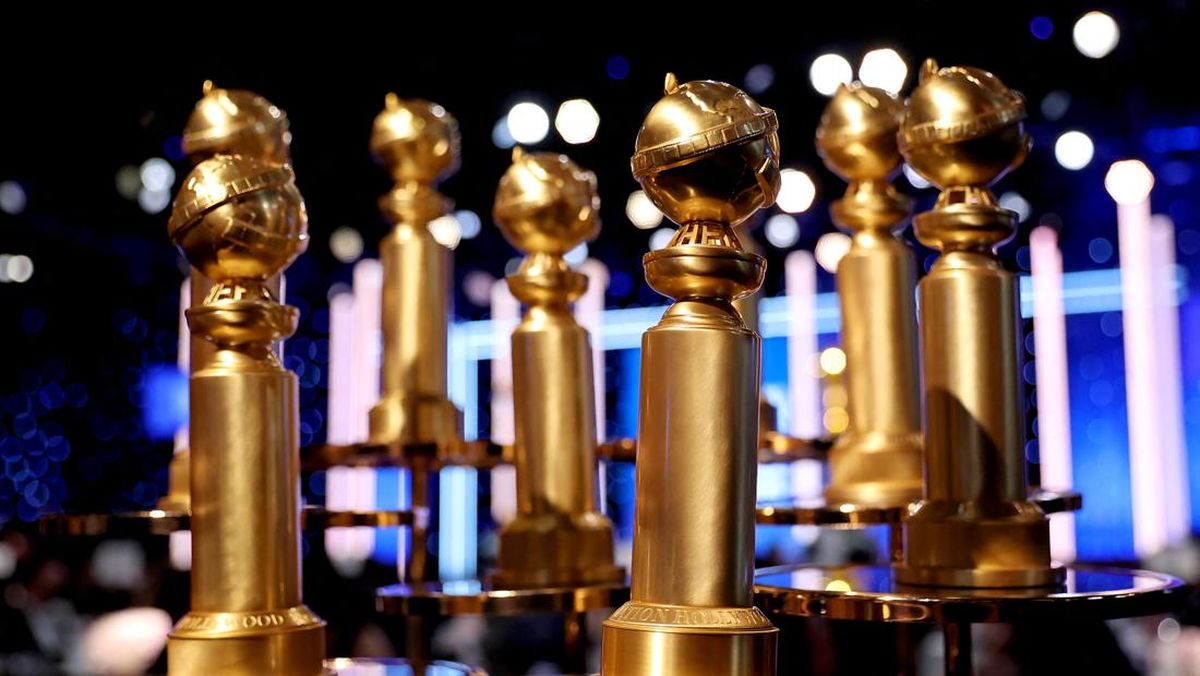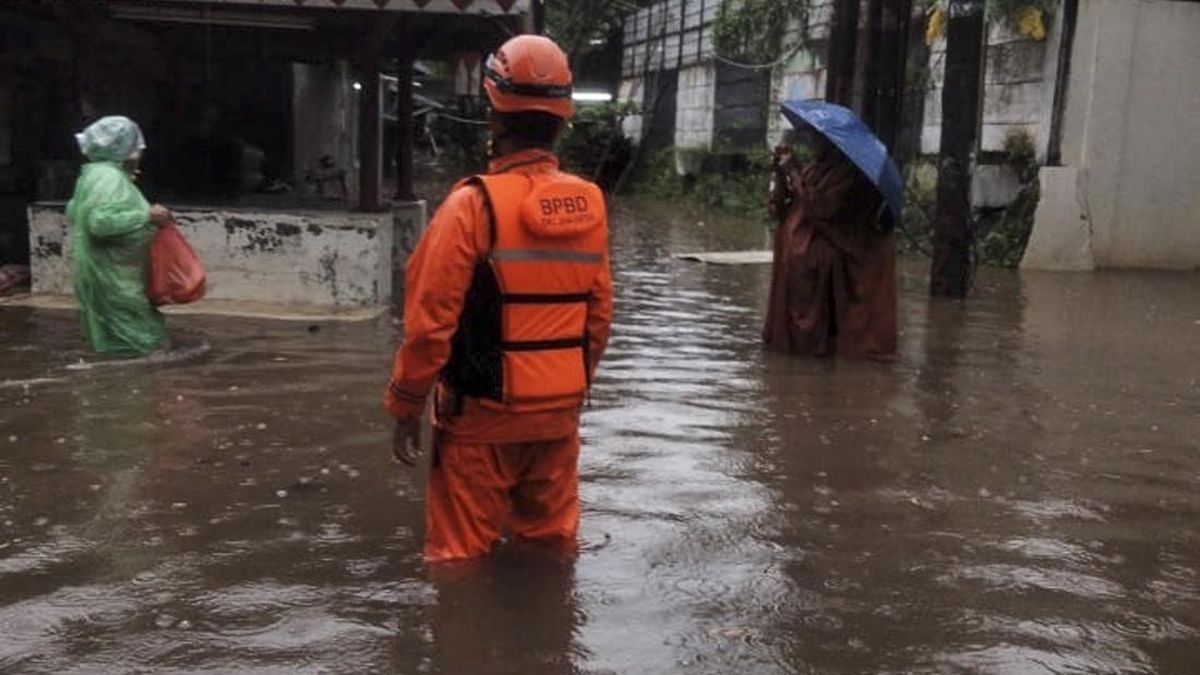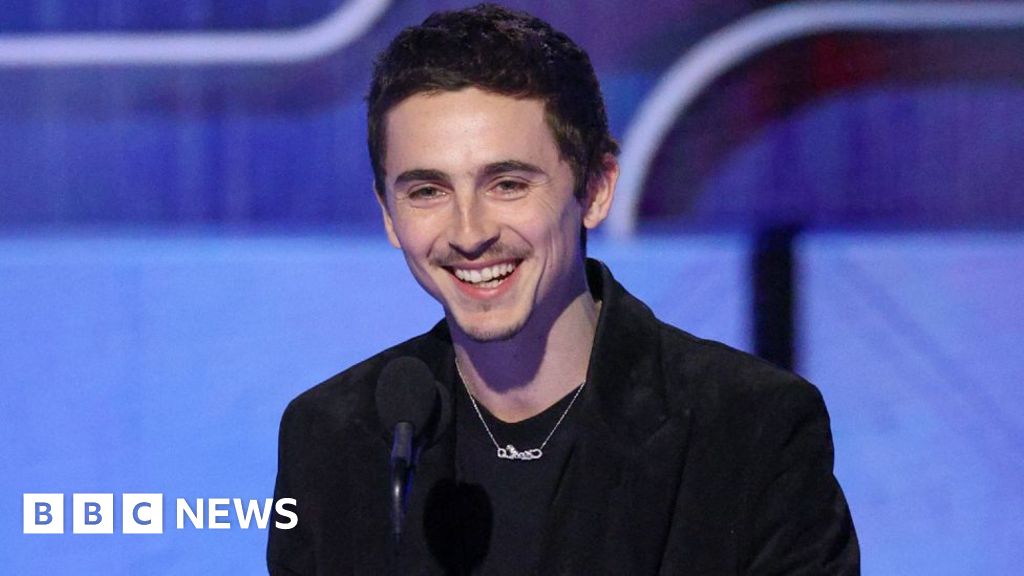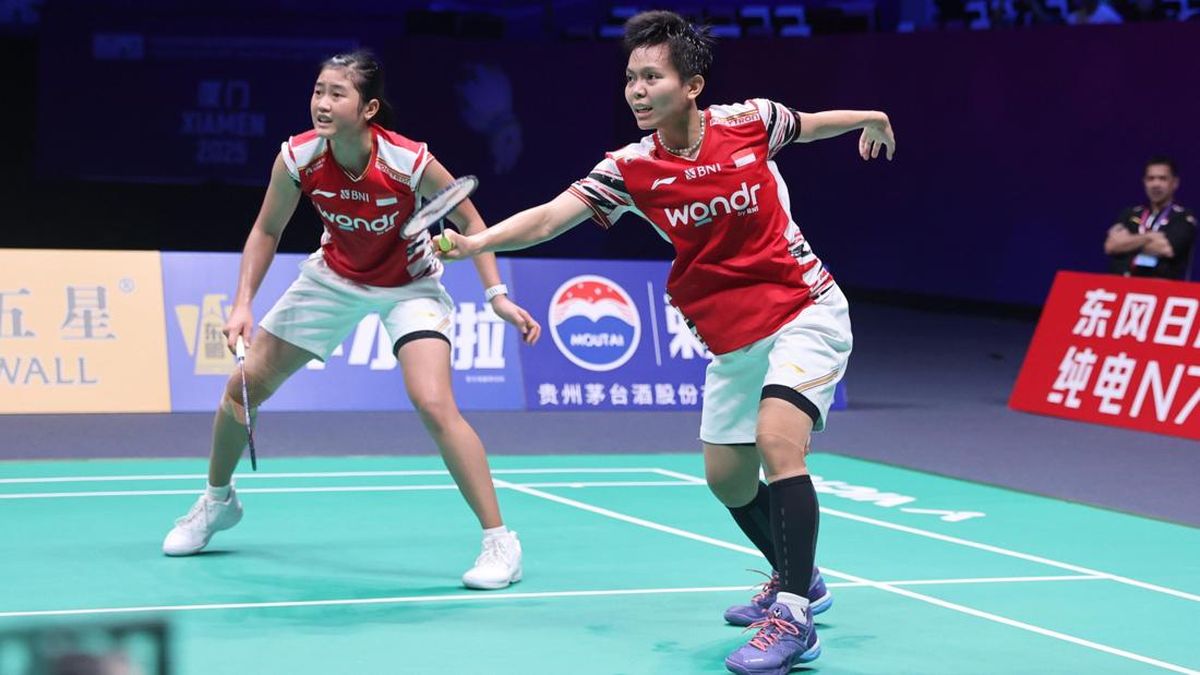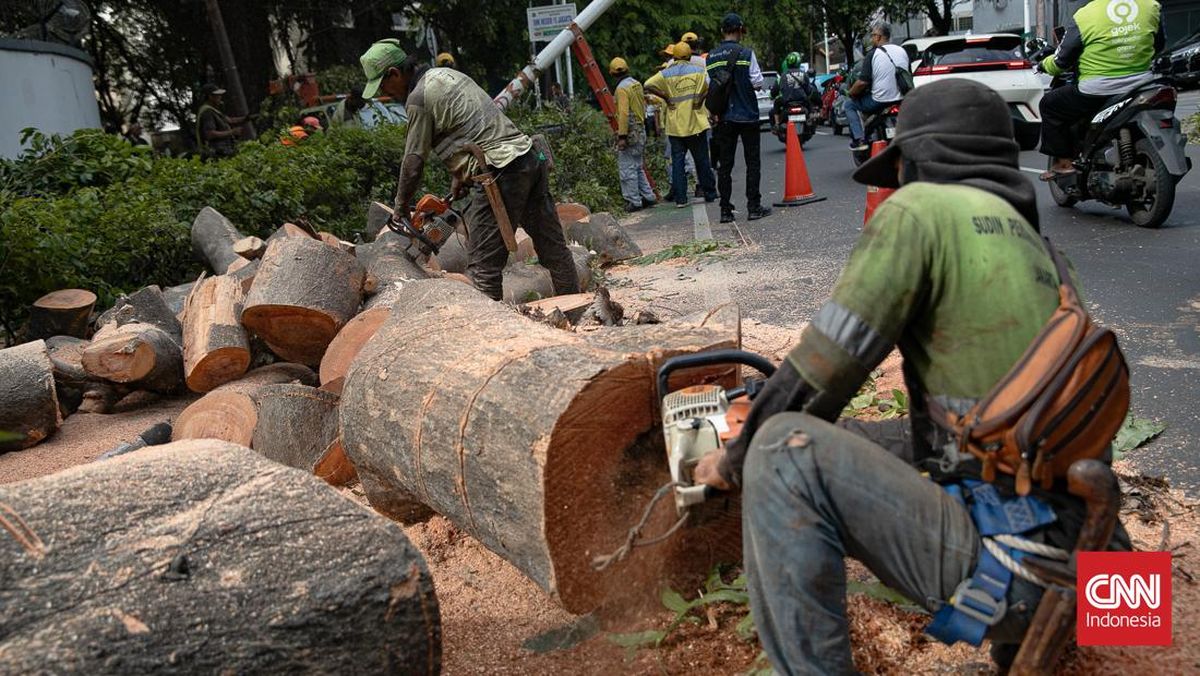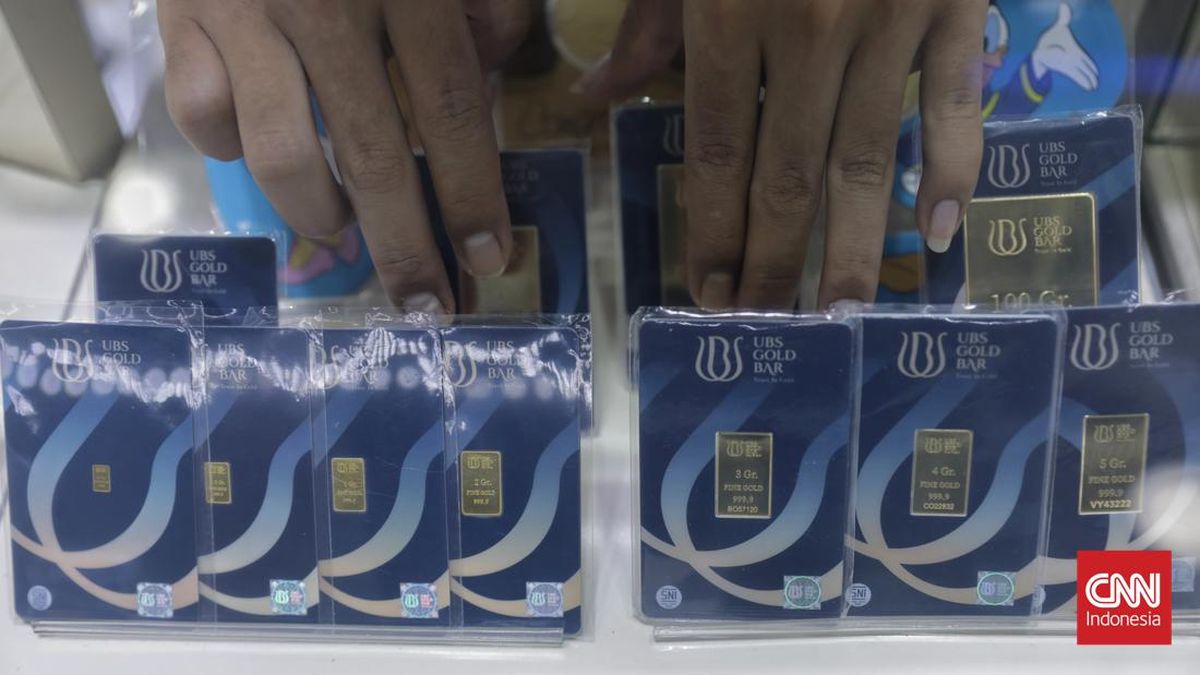All in a fortnight’s work: Dr Mackenzie Little saves man from a heart attack, wins world javelin bronze
Tokyo: Winning a world championship bronze medal was only the second-best thing Dr Mackenzie Little did in the past fortnight.
Little took off her stethoscope and got off a plane after a week of night shift at Royal North Shore Hospital in Sydney and saving a man from a massive heart attack in front of her.
She arrived in Tokyo and threw the javelin further than anyone in the world with her first throw in anger.

Australian javelin star, Dr Mackenzie Little.Credit: Getty Images
Unfortunately, while that impressive 65.54-metre throw was enough to qualify her for the javelin final, and was further than anyone ended up throwing in the final, distances thrown in qualifying rounds do not carry over into the medal round.
Her first throw in the final was 63.58m. It was solid, but not a knockout blow – enough to put her in the lead, but unlikely to let her keep it. And it didn’t. Ecuador’s Juleisy Angulo took the gold with her second throw of 65.12m.
Little had done enough to keep herself in the silver position right up to her last throw, when she was leapfrogged into the silver by Latvian Anete Sietina, who threw 64.64m. Little had one last attempt to try to claim gold, or get back into silver position, but she tired and was content with bronze – a more than commendable effort.
It matched Little’s bronze medal from the last world championship in Budapest. Keep in mind that she is a young doctor who has had to fit training in around the onerous hours of residency, and has gone into deficit in her annual leave just to be here in Tokyo.
There is something a little wrong in Australian sport funding when more support isn’t available for athletes who are able to walk and chew gum, but don’t have the money to buy the gum.
Before coming to Tokyo for the world champs, she did three nights in emergency, was on call for another night, and then did a Sunday night shift.
Meanwhile, lurking in the background of Australia’s renaissance as a sprinting nation – the rise of Gout Gout, Lachie Kennedy, Rohan Browning and Torrie Lewis – is that the ancillary benefit might be in relay medals.
It’s an alogical idea, if you can not only be quick, but do the fundamental thing in the race right – get the baton around the track. And at that fairly significant component of racing, Australia is terrible.
Australia’s 4x100 women’s and 4x400 men’s relay teams both fumbled the baton changes and were disqualified. The 4x400m women handled the baton change but were just a bit slow.
Loading
There are swings and roundabouts in relays. In the equivalent men’s 4x100m race, Australia was poised to be eliminated, only for Great Britain, leading the race for three of the four legs, to decide to ignore the passing of the baton, ran like schoolboys, and were eliminated. With team GB out, Australia went through to Sunday night’s final.
This is proof in relays that the four quickest runners don’t always win – the best relay team wins. Look it’s revolutionary thinking, sure, but just something to bear in mind.
More to come
News, results and expert analysis from the weekend of sport are sent every Monday. Sign up for our Sport newsletter.
Most Viewed in Sport
Loading


